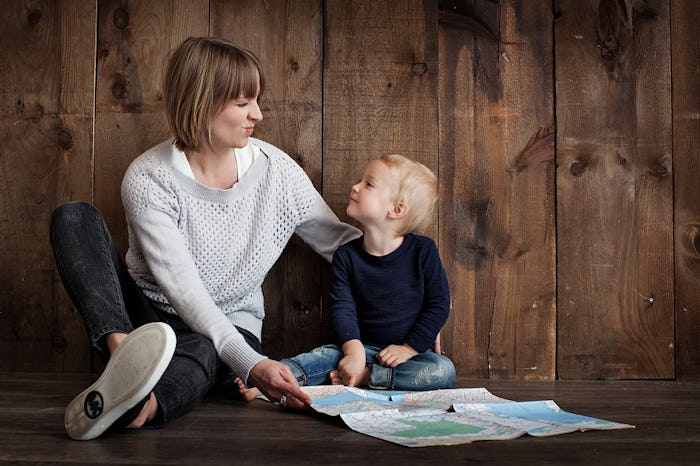From the moment your baby is born, they begin to form relationships with the people around them. Of the most notable relationships your little one will have is the one they form with you, their first caregiver. As the bond is forming, their attachment style will begin to take shape and most likely be the same one that follows them throughout their entire life. This method of relating to others will give you insight in to how your baby's attachment style will affect their romantic relationships later in life.
Through study and research, Dr. Phillip Shaver and Dr. Cindy Hazan found that there are four different types of attachment styles in relationships, as the website for Pyschreg Journal of Psychology explained. According to Psychology Today, you develop your attachment style as a child based on your relationship with an early caretaker, which is most commonly a parent. Each one has a distinct set of traits and habits which can affect romantic relationships in healthy and unhealthy ways. As you observe the way your child relates to you, you will be able to pick up on which attachment style is forming and from there understand more about what the future holds for their love life.
1Anxious Preoccupied Attachment
People with this attachment style want to form close connections with other people, but tend to fear that their affection won’t be reciprocated. According to the website Healthy Psych, adults who have formed an anxious attachment style experienced more jealousy and emotional extremes in relationships. The early attachment habit of seeking constant security from their parent transfers to their partner later in life.
2Fearful Avoidant Attachment
With conflicting ideas about how to have their needs met by others, people with a fearful avoidant attachment type find themselves in unstable or dramatic relationships, with many ups and downs, according to Psychology Today. This stems from their back and forth struggle between a desire for intimacy and a fear of abandonment they formed in childhood.
3Secure Attachment
Babies who feel comfortable separating from their parents, but are happy to see them when reunited, demonstrate traits of a secure attachment type. As the website for Psychreg Journal of Psychology explained, "When in an adult relationship, secure individuals are more likely to share their feelings and needs." Like the name infers, secure types tend to see the healthiest romantic scenarios of all the attachment styles.
4Dismissive Avoidant Attachment
This type develops traits early in childhood when they believe they can parent themselves, giving them a sense of independence, albeit a false one. The dismissive avoidant type tends to emotionally detach and shut down in adult relationships, as Psych Alive pointed out. This can lead to lack of communication and low levels of intimate connection.
